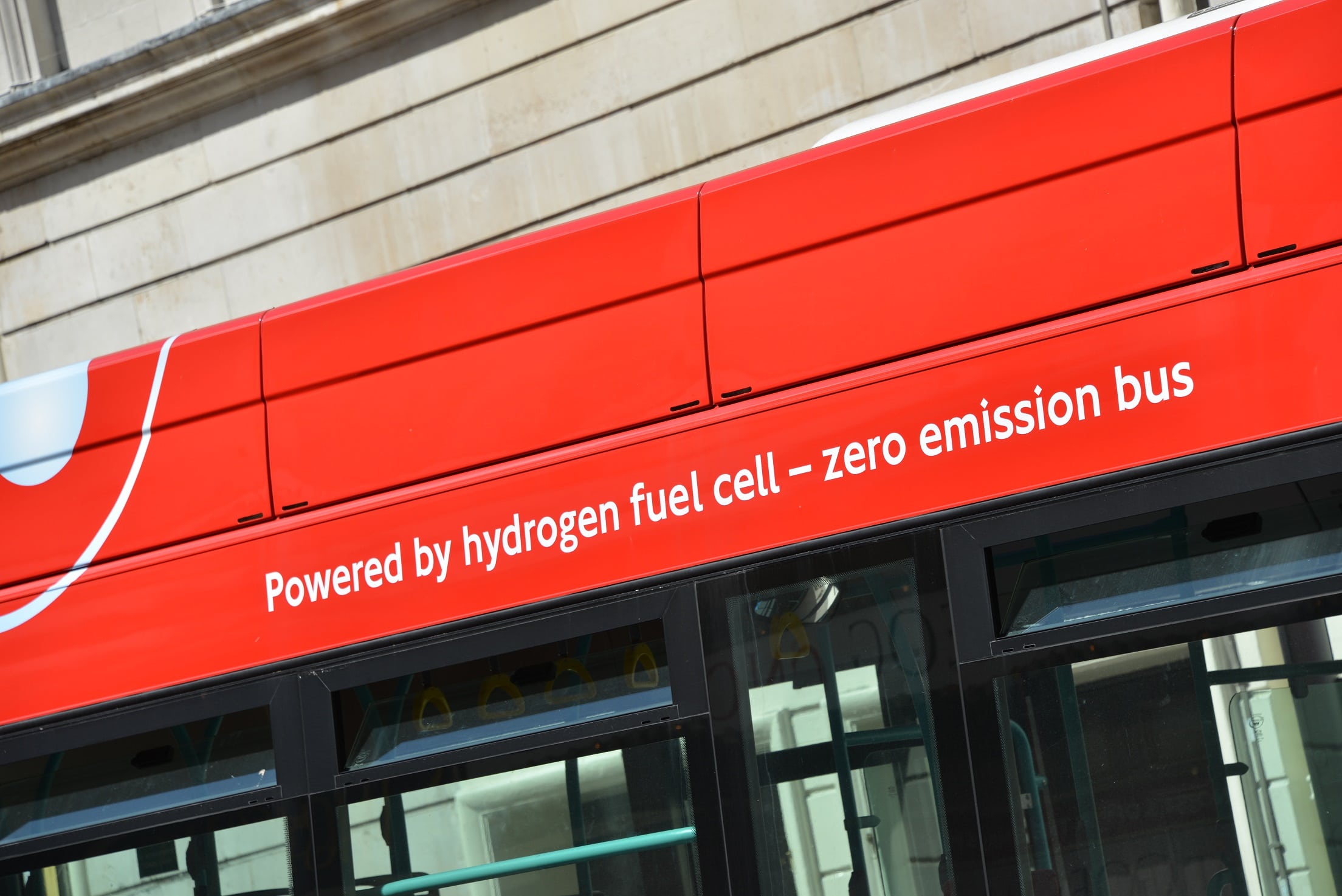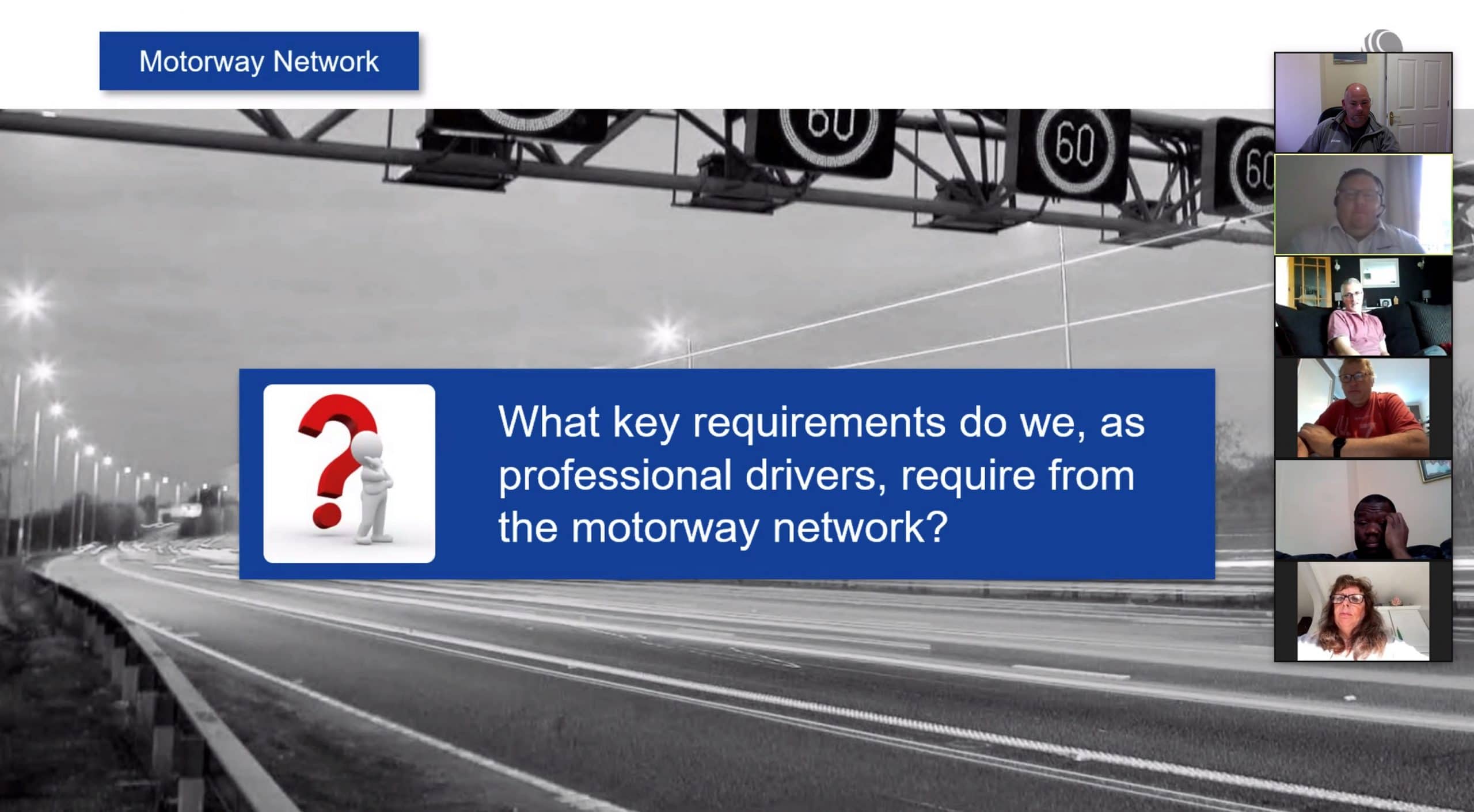Perhaps just one conclusion can be drawn from developments in the past fortnight that does not concern coronavirus COVID-19. It is that hydrogen fuel cell-electric power is now on the coach and bus industry’s agenda in a serious way.
Given the current situation, such news may currently sound like an insignificant irrelevance to many. But it should be welcomed. There is no doubt that diesel will become increasingly unwelcome in urban centres ahead of inevitable bans. Something zero-emission will be needed to take up the slack between it and battery-electric.
Batteries work in bus – but what of hydrogen fuel cell too?
Battery-electric is already established in buses. There is no doubt that it works reliably and efficiently. But how it will capture higher-mileage duties remains unclear.
Battery-electric is also taking the first steps to becoming established in the coach sector. But the thus far sole supplier of battery-electric coaches takes a pragmatic view of its capabilities. It suits lower-mileage work, but as in buses, little is known publicly of how it may come to suit long-distance use.
In the medium term at least, that leaves only the hydrogen fuel cell to satisfy high-mileage, zero-emission coach and bus needs.
The fuel cell concept is not complicated, and the logic of deriving useful clean energy from the universe’s most abundant element is impeccable. Nor is it new. Wikipedia tells us that a fuel cell was first developed in 1838. That predated the diesel engine by decades, although it was not until much later that fuel cells were first used in vehicles.
The stumbling block has long been cost. Fuel cells are expensive. Volume introduction into the bus market should help to tackle that, while work by several large OEMs on fuel cell drivelines that will suit coach applications should have the same effect in that segment.
Fuel cell is no longer a fantasy
Talk of powering coaches or buses with hydrogen will be dismissed as fantasy by some. It is likely that widespread adoption will represent a steep learning curve for certain parts of the industry. Making such a step will also be far from the minds of many under current circumstances.
But work by Cummins, Daimler, Volvo and others – alongside ambitious plans from Wrightbus owner Jo Bamford and Optare’s first steps into hydrogen – makes it real. It is coming. Too much has already been invested for it not to. Mr Bamford is hardly likely to present plans for 3,000 hydrogen buses without having the means and talent within his businesses to deliver on them.
Coach and bus will see great change in the short term. Like it or otherwise, that will not slow once the coronavirus COVID-19 pandemic is no more than an unpleasant memory.



























